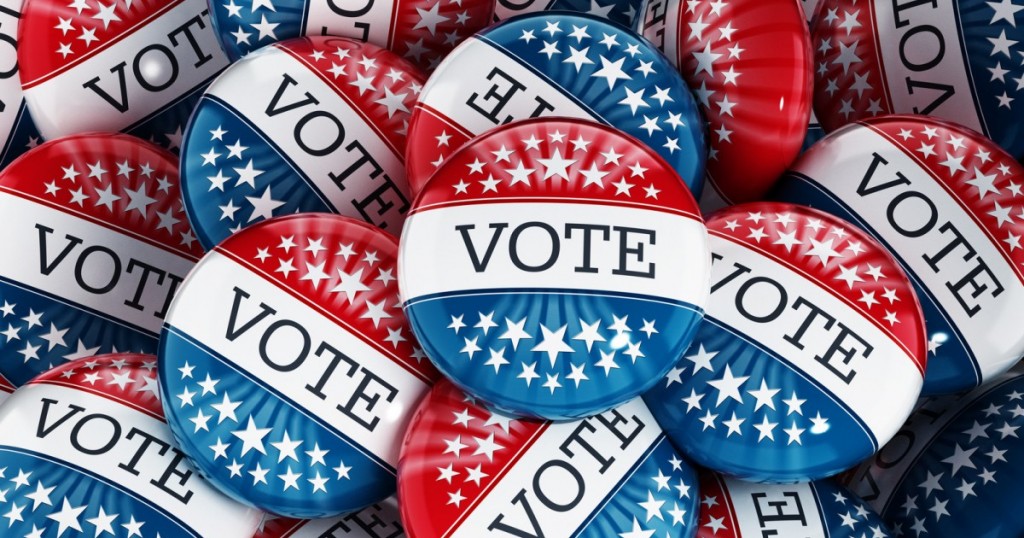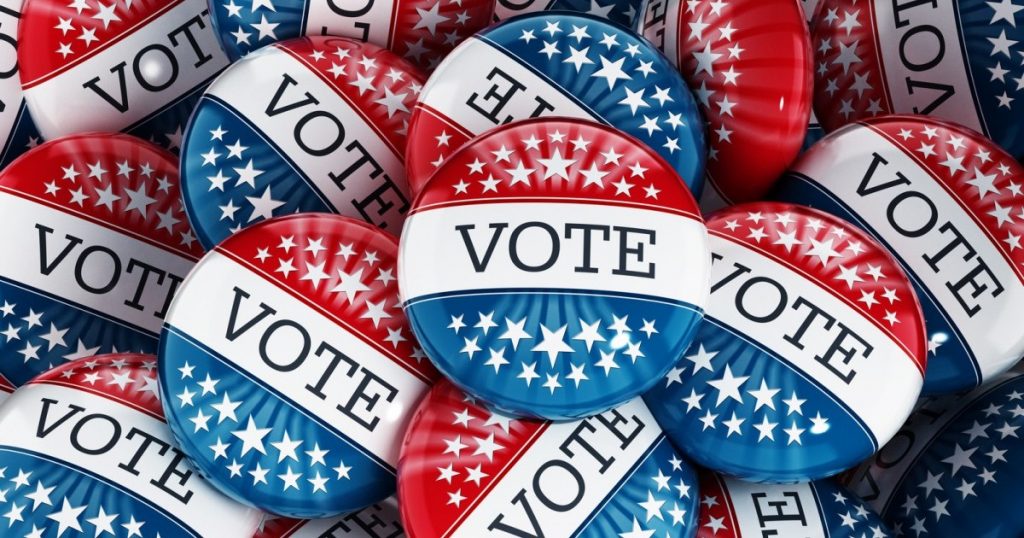As polls for the presidential election are reported daily, many pundits try to predict how those votes will translate to the Electoral College. But just like the polls, you never know what’s going to happen until the votes are in.

Each state has a certain number of votes in the Electoral College, which is its number of congressional representatives (the bigger the state’s population, the more they’ve got), plus two. With three votes accounting for the non-state of Washington, D.C., that’s a total of 538 and whoever gets more than half (270 or more) wins the election.
We don’t really vote for a presidential candidate. We vote for a slate of the electors from our preferred candidate’s political party. Then, those electors cast votes in the Electoral College. Electors almost always do as the voters have instructed them to do—for example, George W. Bush won Nebraska in 2004, and its five electors all cast their votes for Bush. But electors don’t actually have to do that. And sometimes, for whatever reason, they don’t. These are called “faithless electors.”
- Ronald Reagan won two landslide presidential elections in 1980 and 1984…and he got a single electoral vote in 1976. He’d mounted an unsuccessful primary challenge to President Gerald Ford, and a Washington state elector cast his vote (which was supposed to be for Ford) for Reagan.
- Washington, D.C. gets votes in the Electoral College, but it doesn’t have any representation in Congress because it’s not a state. In protest of that, a Washington, D.C. elector in 2000 didn’t cast her vote at all.
- Richard Nixon and Spiro Agnew carried Virginia for the Republicans in 1972, but an elector from that state cast his votes instead for the Libertarian ticket. This is historic, however: The vote for Libertarian vice presidential candidate Theodora Nathan marks the first time an electoral vote was ever won by a female candidate.
- In 2004, Minnesota voters went with the Democratic ticket—John Kerry for president and John Edwards for vice president. An electoral got the names mixed up and cast a vote for Edwards for president and Kerry for vice president. In 1988, a West Virginia elector did the same thing, switching Michael Dukakis and Lloyd Bentsen around, but she did it on purpose. Reason: to protest the entire complicated, winner-take-all Electoral College.








